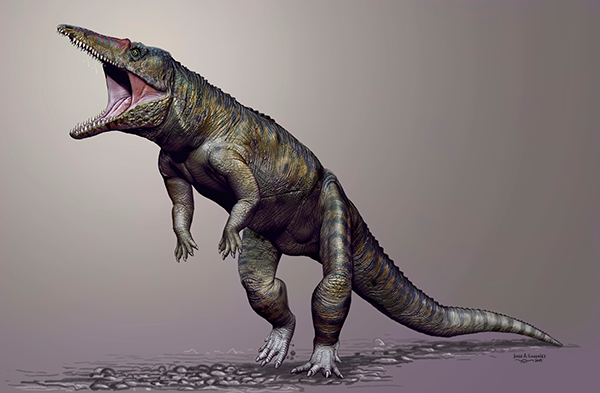Outreach and Engagement
Biological Sciences is committed to our communities. Healthy societies understand science. We have several exciting programs and partnerships that are working to engage with our communities to solve local and global challenges, while bringing the wonders of science to K-12 students and teachers. The following are some of our efforts in these areas:
Public Science in partnership with the College of Sciences. Science in a vacuum has no impact. Through events, partnerships and participation in public science efforts, our department makes outreach a priority to help engage the public in our work and prepare the next generation of biological scientists.
North Carolina Museum of Natural Sciences (NCMNS). Two of our faculty are jointly appointed to the museum, including the heads of the Paleontology Research Lab (Dr. Lindsay Zanno) and the Evolutionary Biology and Behavior Research Lab (Dr. Adrian Smith). This partnership allows for close collaboration on important scientific research and for our students to experience public science in action.
Carnufex carolinensis

- Center for Environmental and Health Effects of PFAS. This Center, funded by the National Institute of Environmental Health Sciences (NIEHS) of the National Institutes of Health (NIH), is working directly with communities and public stakeholders to understand toxicity, exposure, bioaccumulation, and remediation of class of chemicals known as per- and polyfluoroalkyl substances (PFAS), known to have contaminated the Cape Fear River watershed in NC, and communities globally. See our site for more information about our Center’s research, training and engagement activities.
- Center for Human Health and the Environment (CHHE). CHHE is an NIEHS-funded Center that brings together scientists and community leaders from NC State, East Carolina University Brody School of Medicine, North Carolina Central University, and the NC Department of Health and Human Services to improve understanding about the health effects of chemicals in our environment and to prevent future exposure.
- Environmental Health Research Experiences for Teachers in High-Poverty Schools, A Professional Development Program. In a partnership between Biological Sciences (Dr. Reade Roberts) and the College of Education (Dr. Margareta Thompson), this NIEHS-funded program supports immersive research experiences in the summer for high school teachers in high-poverty schools to learn and engage in discovery-based biological education (and pick up tools to take back to their classrooms)